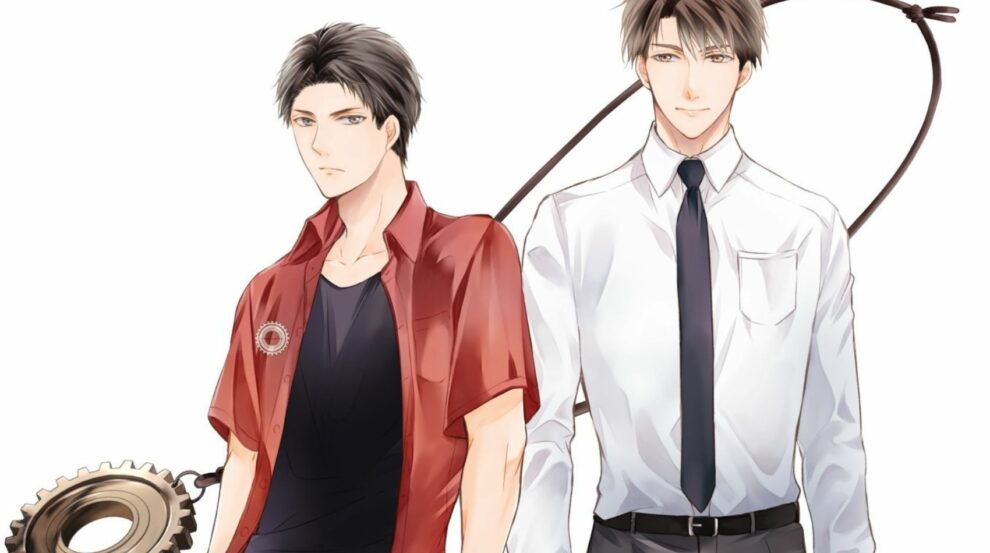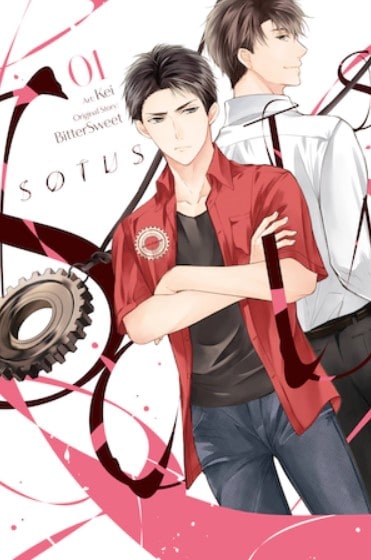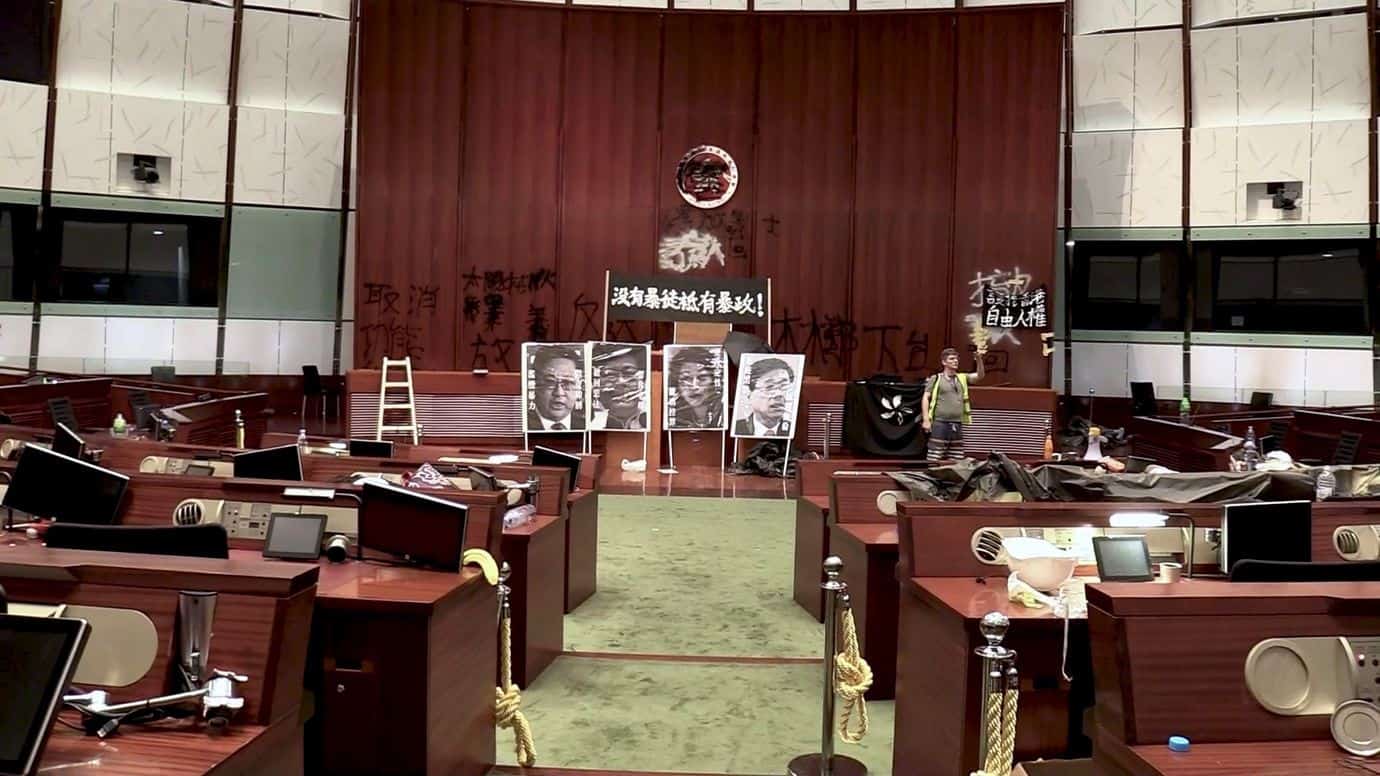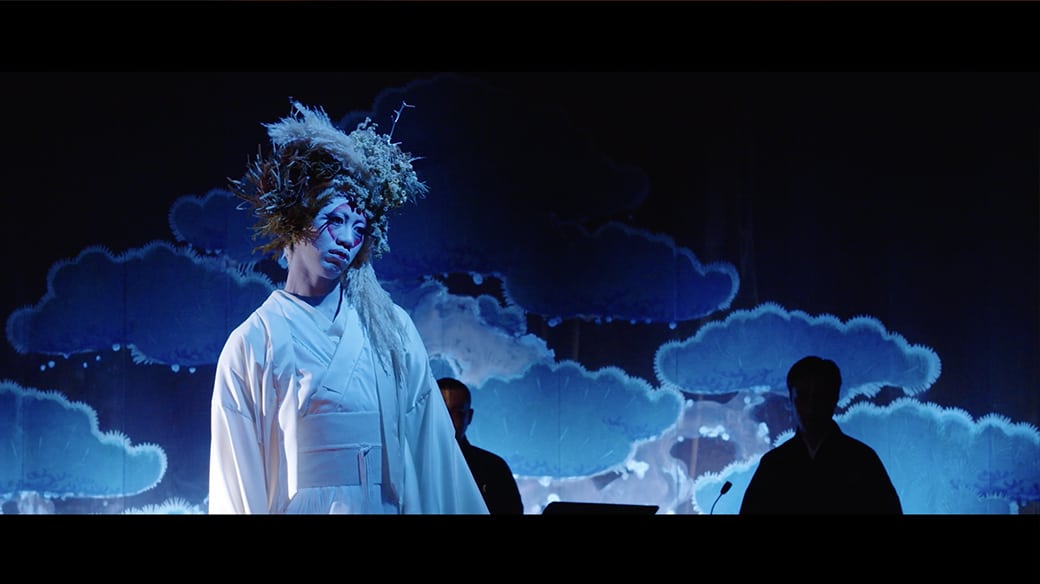“SOTUS is an educational system in which upperclassmen impose “trials” upon underclassmen. Arthit, leader of the engineering seniors, plans to put his new juniors through a harsh training regimen to earn the symbol of their major—the gear. However, a first-year named Kongpob causes new headaches for Arthit when he declares he'll snatch the gear from him: “I'll make you my wife!”” (Yen Press)
“SOTUS” is a peculiar entry in the BL genre, with the inaugural volume focusing largely on power dynamics within the pledge/hazing system set up in Thailand, with elements of romance only hinted at. Furthermore, the work itself is an adaptation of a Thai webcomic, “Phi Wak Tua-rai Kap Nai Pi Nueng” which has also been adapted into a live-action TV series. All these elements make the content and flow of the story come across as foreign to what one can expect from both the BL genre as well as manga as a whole. The result, admittedly, is varied with certain elements working to make this a unique and intriguing title, also creating scenarios that may be hard for readers to embrace.
Where “SOTUS” excels is in its character development, with two men carrying a strong sense of pride into a system that demands respect. The clash of personalities between Arthit & Kongpob and the constant sense of one-upmanship makes their courtship a fascinating one to observe, especially as they challenge conventions of masculinity as they slowly open up to each other. The dialogue between the two is paced and executed in a way that will endear the reader to both, though this is limited to when they are talking one on one as opposed to the bravado and showmanship put on in group situations.
This odd power dynamic built through a system of hazing, in which the view towards the ritual has changed over the years in the West, is where the book slightly falters and can be off-putting. Arthit can be rather brutal in his dishing out of punishment, and there are a few rather deplorable instances of public embarrassment that are hard to shake, such as making Kongpob stand up in class and repeat how he likes to ‘take it up the a**”. Juvenile and crass in a way that is complimentary to the narrative, even taking into account that this can be viewed as Arthit's repression of his own homo-sexuality through the mockery of others. Moreover, with the romantic elements only hinted at in the inaugural release, these acts don't receive the redemption of pushing through the awkward courtship into romance. Unfortunately, “SOTUS” requires the reader to invest in the potential of the series through the writing as opposed to enticing the reader from the get-go.
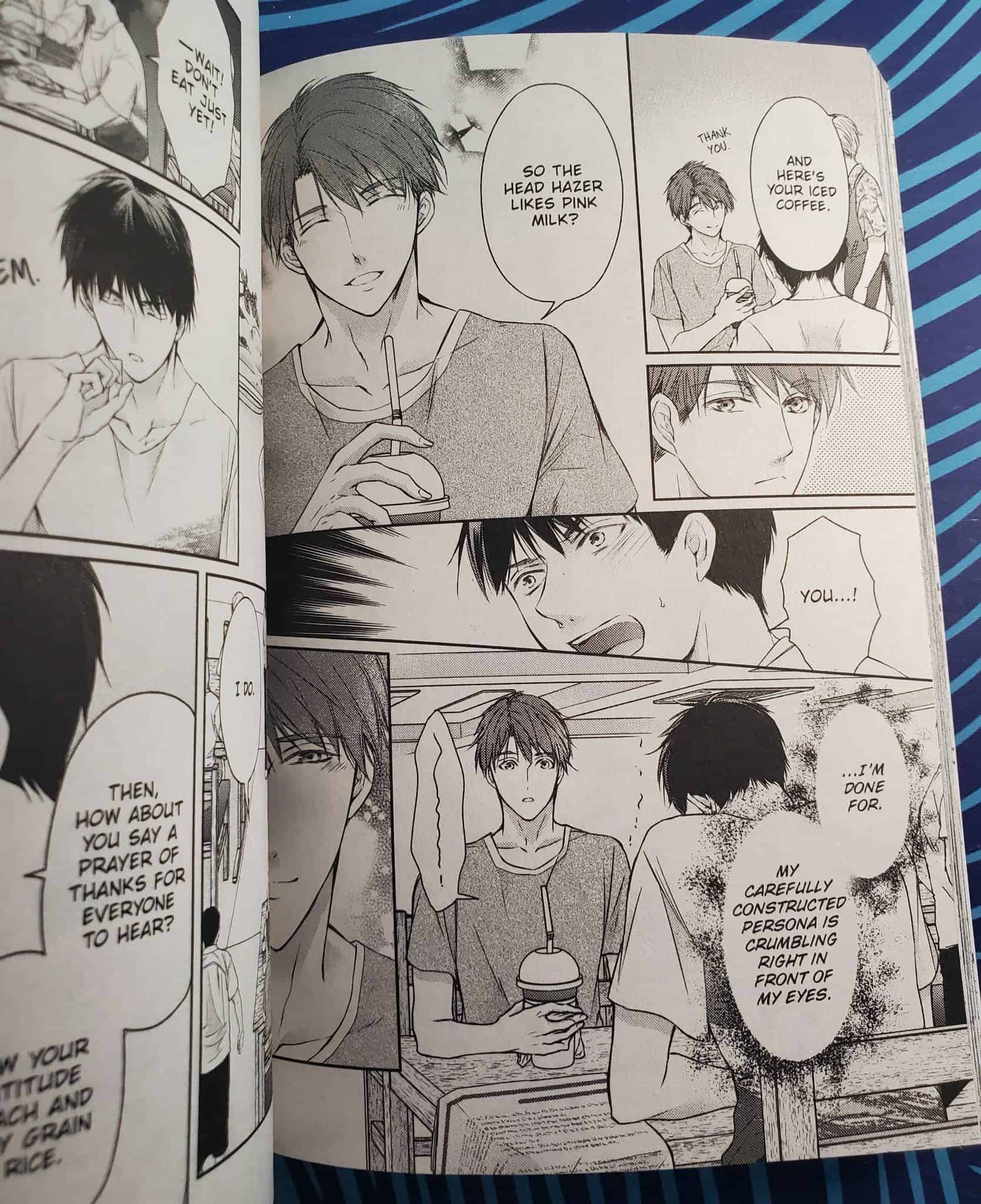
Visually, Kei's adaptation of the work seems favorable and he certainly captures the charm of the back-and-forth between Arthit & Kongpob. Furthermore, Kei's attention to bringing the school to life with strong backgrounds is appreciated and shows skill beyond just drawing characters. For an adapted work, the attention to detail feels like it comes from a place of sincerity for the source material. However, the focus here still rests on story over visuals, with the attention to detail being a bonus as opposed to a defining characteristic of the manga.
“SOTUS” is a difficult manga to recommend, since the pacing, themes of hazing, and its Thai origins certainly make it less accessible than many other BL titles. Add in a degree of awkwardness in public humiliation being at the core of the inaugural volume and readers will have to put faith in the stronger elements to carry the series forward. However, the writing, in particular, related to character development, is strong, defined, and engaging enough to have faith that Kei can push the forward series into a title worth reading. Still, it may benefit those interested to wait for reviews after a few volumes are released or make themselves familiar with the source material before adding this to their collection.


